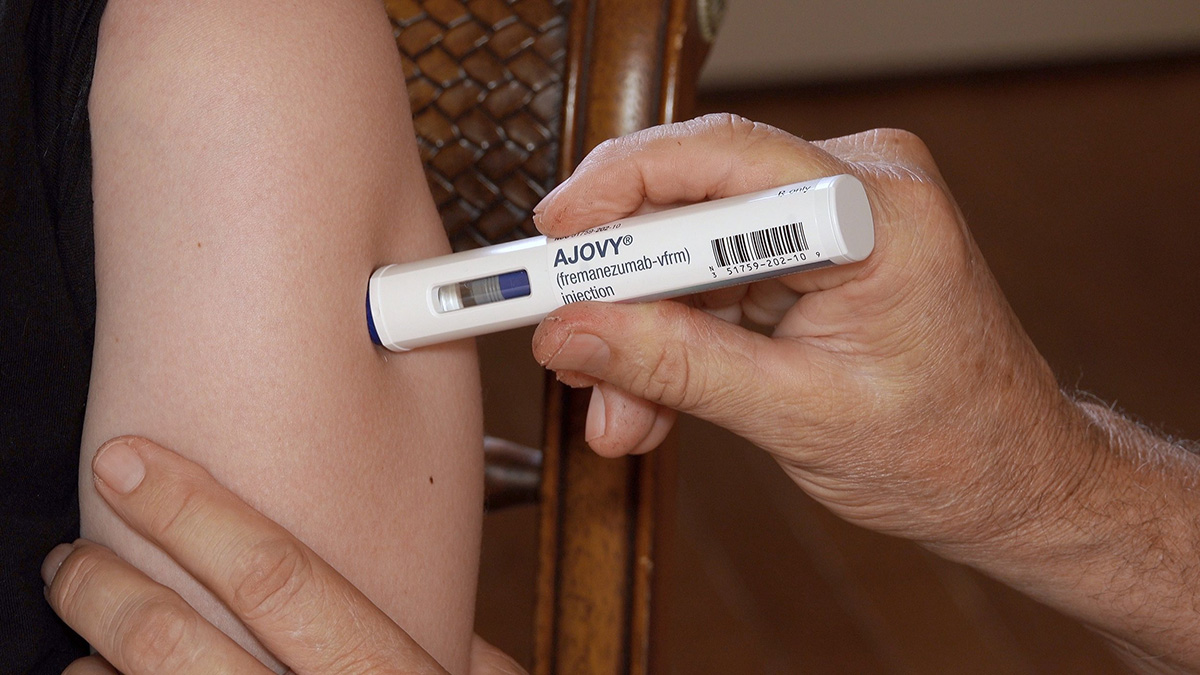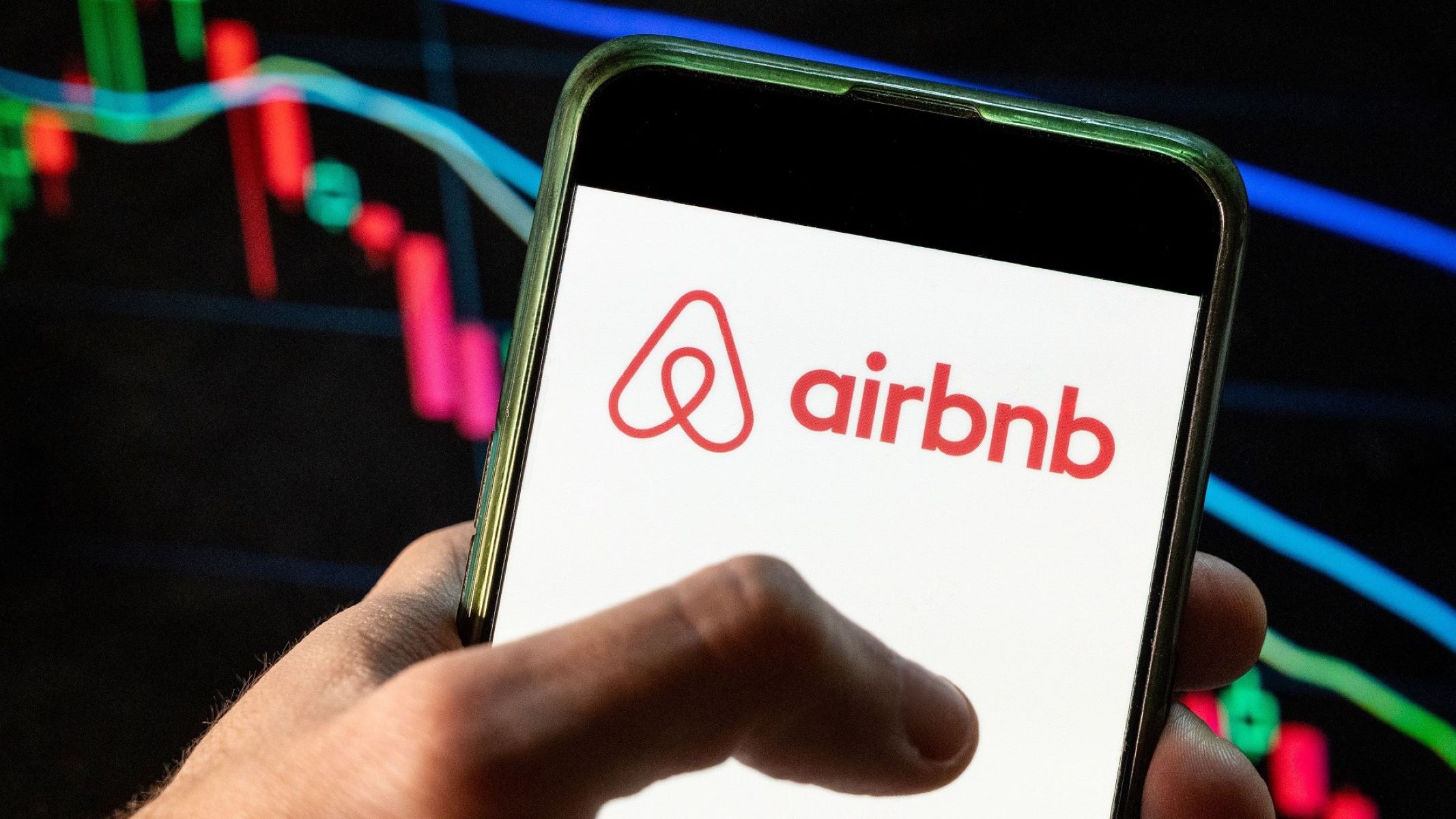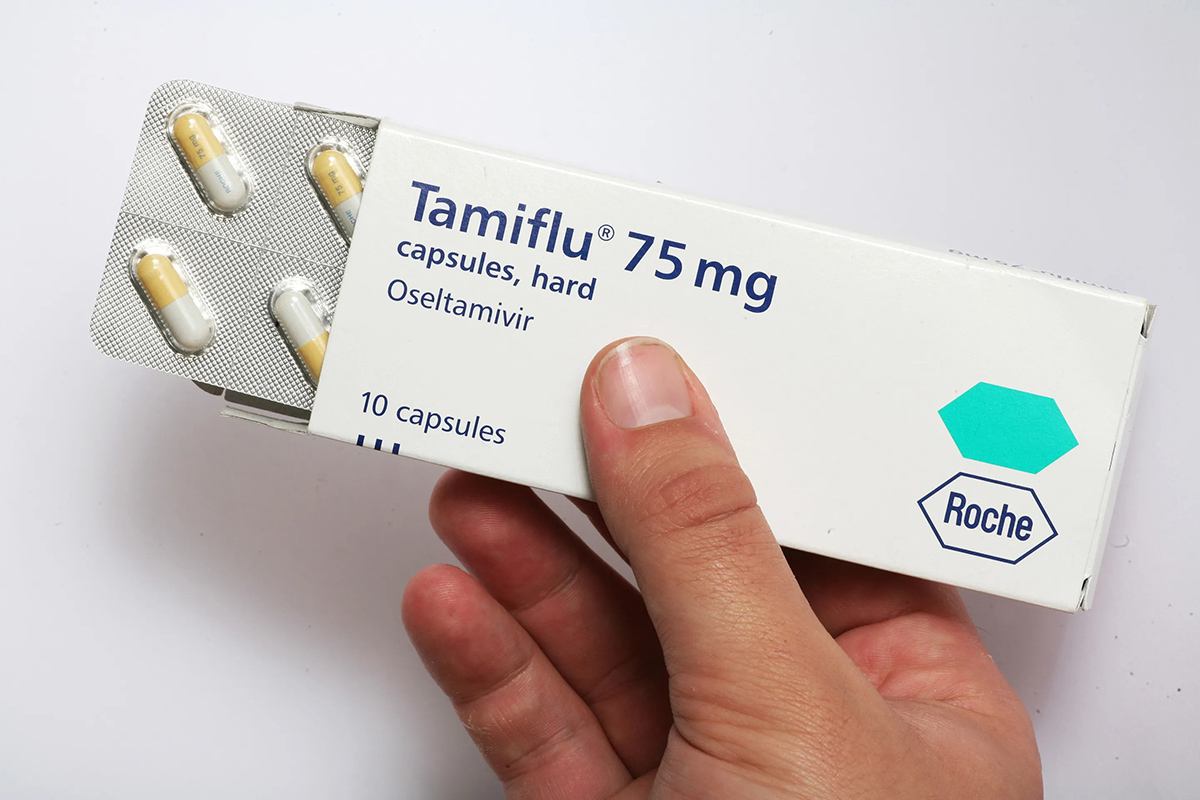

Finance
How Much Is Airbnb Insurance?
Published: November 20, 2023
Find out how much Airbnb insurance costs and protect your vacation rental investment. Get peace of mind with comprehensive finance coverage.
(Many of the links in this article redirect to a specific reviewed product. Your purchase of these products through affiliate links helps to generate commission for LiveWell, at no extra cost. Learn more)
Table of Contents
Introduction
With the rise of the sharing economy, more and more people are turning to platforms like Airbnb to rent out their properties and generate extra income. However, as an Airbnb host, it’s important to protect yourself from potential financial losses that could arise from property damages or liability claims. This is where Airbnb insurance comes into play.
Airbnb insurance is designed to provide coverage for hosts who rent out their properties through the platform. It offers protection against a range of risks, including property damage, theft, and bodily injury to guests. While Airbnb does provide some liability coverage, it may not be sufficient in all cases, which is why many hosts opt for additional insurance coverage.
This article will delve into the intricacies of Airbnb insurance, outlining the different types available, the factors that affect insurance costs, and how hosts can save money on their insurance premiums. Whether you’re new to hosting on Airbnb or a seasoned host looking to review your insurance options, this guide will provide valuable insights to help you make informed decisions about protecting your property and finances.
Understanding Airbnb Insurance
Before delving into the different types and cost of Airbnb insurance, it’s important to have a clear understanding of what it entails. Airbnb insurance is a form of coverage that is specifically tailored for hosts who rent out their properties through the platform.
When you list your property on Airbnb, you become a host and open your doors to guests from around the world. While this can be a rewarding experience, it also comes with certain risks. Accidents can happen, and property damage or personal injury claims can potentially arise. This is where Airbnb insurance steps in to provide financial protection.
Airbnb provides what is known as the Host Protection Insurance. This coverage is automatically provided to hosts for eligible claims that occur during a stay. It offers primary liability coverage of up to $1 million per occurrence. This means that if a guest gets injured or their property is damaged during their stay at your property, Airbnb’s insurance can help cover the associated costs.
However, it’s important to note that the Host Protection Insurance has its limitations. It does not cover every type of claim, and there are certain exclusions and conditions that may apply. Additionally, it may not provide coverage for damages to your own property, theft, or other potential risks that hosts may face.
Due to these limitations, many hosts choose to purchase additional insurance coverage to supplement Airbnb’s coverage. This can provide peace of mind and help protect hosts from potential financial losses that may not be covered by Airbnb’s insurance.
It’s also worth mentioning that some insurance companies offer specialized policies specifically designed for short-term rental hosts. These policies may provide more comprehensive coverage that addresses the unique risks associated with hosting on Airbnb.
Overall, understanding Airbnb insurance is crucial for hosts who want to protect themselves and their properties. By being aware of your insurance options, you can make informed decisions and choose the coverage that best suits your needs and budget.
Types of Airbnb Insurance
When it comes to Airbnb insurance, there are several types of coverage options available to hosts. Understanding these options can help you determine the level of protection you need for your property and guests. Here are some common types of Airbnb insurance:
- Host Protection Insurance: This is the basic liability coverage provided by Airbnb. It offers up to $1 million in coverage for eligible claims that occur during a guest’s stay. It primarily covers third-party bodily injury and property damage claims. It’s important to review the terms and conditions of this insurance to understand the limitations and exclusions.
- Property Damage Insurance: This type of insurance provides coverage for damages to your property caused by guests. It can help cover repair costs for damages such as broken furniture, stained carpets, or other accidental damage that may occur during a guest’s stay.
- Liability Insurance: This insurance protects hosts against claims from guests or third parties for bodily injury or property damage that occurs due to negligence or accidents during their stay. It provides coverage for legal costs and potential settlements or judgments.
- Commercial Insurance: If you are running your Airbnb as a full-time business or have multiple properties listed, you may need commercial insurance. This type of coverage is typically more comprehensive and can protect against a wider range of risks, including property damage, liability, and loss of income.
- Additional Insured Coverage: Some insurance policies allow hosts to add their property managers or co-hosts as additional insured parties. This extends the coverage to them as well, providing added protection and peace of mind.
It’s important to carefully consider the different types of insurance and assess your specific needs as a host. Depending on factors such as the location of your property, the number of guests you host, and the value of your property, you may require different levels of coverage. Consulting with an insurance professional can help you determine the most appropriate insurance options for your specific situation.
Factors that Affect Airbnb Insurance Costs
When it comes to determining the cost of Airbnb insurance, several factors come into play. Insurance providers take these factors into consideration when calculating premiums. Understanding these factors can help hosts anticipate and budget for insurance costs. Here are some key factors that can affect Airbnb insurance costs:
- Location: The location of your property plays a significant role in determining insurance costs. Properties in high-risk areas, such as regions prone to natural disasters or areas with higher crime rates, may incur higher insurance premiums due to the increased likelihood of property damage or theft.
- Property Value: The value of your property is another factor that affects insurance costs. Higher-value properties typically require more coverage, resulting in higher premiums. Insurance providers consider factors such as the size, amenities, and overall condition of the property when determining its value.
- Type of Coverage: The type and level of coverage you choose will impact the cost of insurance. Basic liability coverage, such as Airbnb’s Host Protection Insurance, may have lower premiums compared to more comprehensive coverage options that provide additional protection against property damage or theft.
- Rental Frequency: The frequency with which you rent out your property on Airbnb can also influence insurance costs. If you rent out your property year-round or for extended periods, your insurance provider may consider it as a higher risk and charge higher premiums compared to occasional rentals.
- Claims History: Your claims history can impact insurance costs. If you have a history of making claims, insurance providers may consider you a higher risk and increase your premiums accordingly. Conversely, a clean claims history may result in lower insurance costs.
- Deductible: The deductible is the amount you are responsible for paying before insurance coverage kicks in. Generally, a higher deductible leads to lower insurance premiums because you’re taking on more of the financial risk. However, it’s important to balance the deductible with your ability to pay in the event of a claim.
It’s worth noting that insurance costs can vary significantly between insurance providers. It’s advisable to obtain quotes from different companies to compare costs and coverage options. Additionally, periodically reviewing your insurance policy and reassessing your coverage needs can help you optimize your insurance costs.
Average Cost of Airbnb Insurance
When it comes to the average cost of Airbnb insurance, it can vary depending on various factors such as the location, type of coverage, property value, and individual insurance provider. However, to provide a general idea, let’s examine some estimated figures.
The cost of Airbnb insurance typically ranges from $200 to $1,500 per year, with an average annual premium falling around $500 to $800. Keep in mind that these figures are just estimates and can vary based on the aforementioned factors.
The location of your property plays a significant role in determining insurance costs. Urban areas with higher crime rates or regions prone to natural disasters may have higher premiums compared to more secure or low-risk locations.
The type of coverage you choose also affects the cost. Basic liability coverage, like Airbnb’s Host Protection Insurance, may have lower premiums compared to more comprehensive coverage that includes property damage and theft protection.
The value of your property is another determining factor. Higher-value properties require more coverage, resulting in higher premiums. Properties with luxurious amenities or unique features may also have higher insurance costs due to the increased replacement or repair costs.
Insurance costs can also be influenced by the number of guests you host and the frequency of rentals. The more guests you have and the longer your property is rented, the higher the risk of potential claims, which may result in higher insurance premiums.
It’s important to note that these average costs are just a starting point. The specific details of your property and the coverage options you choose can impact your individual insurance premium. Getting quotes from different insurance providers and comparing their offerings can help you find the most affordable and suitable insurance policy for your Airbnb property.
Lastly, it’s essential to consider insurance as an investment in protecting your property and finances. While insurance costs may add to your expenses as an Airbnb host, they provide invaluable peace of mind and financial security in the face of unexpected events that could jeopardize your hosting business.
How to Save Money on Airbnb Insurance
While Airbnb insurance is an important investment for protecting your property and finances as a host, it’s also essential to find ways to save money on your insurance premiums. Here are some strategies to help you reduce your Airbnb insurance costs:
- Shop around for quotes: Don’t settle for the first insurance quote you receive. Obtain quotes from multiple insurance providers and compare their coverage options and premiums. This allows you to find the best combination of price and coverage for your specific needs.
- Bundle with other policies: Many insurance providers offer discounts if you bundle your Airbnb insurance with other policies, such as your primary homeowner’s insurance or auto insurance. Bundling can lead to significant savings, so be sure to explore this option with your insurance provider.
- Increase security measures: Enhancing the security of your property can lower your insurance premiums. Install smoke alarms, burglar alarms, security cameras, and robust locks to deter theft and minimize the likelihood of property damage. Notify your insurance provider about these security measures, as they may offer discounts as a result.
- Opt for a higher deductible: Choosing a higher deductible can lower your insurance premiums. However, be sure to assess your financial situation and ensure that you can comfortably afford the deductible in the event of a claim.
- Review your coverage annually: Regularly reviewing your insurance coverage can help you identify any potential gaps and ensure that you’re not paying for unnecessary coverage. As your hosting business evolves, your insurance needs may change as well, so adjusting your coverage accordingly can help optimize your premiums.
- Consider a home-sharing endorsement: Some insurance companies offer home-sharing endorsements specifically tailored for short-term rental hosts. These endorsements provide the necessary coverage for your Airbnb activity and can be a more cost-effective option than purchasing a separate policy.
Remember, finding the right balance between cost and coverage is crucial. While it’s important to save money on insurance, you should also ensure that you have adequate protection for your property and potential liability claims. Consulting with an insurance professional can help you navigate the options and make informed decisions about how to save on your Airbnb insurance premiums.
Important Considerations for Airbnb Hosts
As an Airbnb host, there are several important considerations that you should keep in mind to ensure a smooth hosting experience and protect yourself and your property. Here are some essential factors to consider:
- Insurance Requirements: Familiarize yourself with the insurance requirements of Airbnb. While Airbnb provides some coverage for hosts through their Host Protection Insurance, it’s crucial to understand the limitations and exclusions of this coverage. Consider whether additional insurance is necessary to adequately protect yourself against potential risks and liabilities.
- Local Laws and Regulations: Research and comply with any local laws and regulations that apply to short-term rentals in your area. Certain cities may have specific regulations regarding licensing, permits, taxes, and safety requirements. Make sure you’re aware of these regulations and follow them to avoid potential legal issues.
- Cleaning and Maintenance: Maintain a high standard of cleanliness and regular maintenance for your property. Providing a clean and well-maintained space not only enhances the guest experience but also reduces the risk of accidents or damages that could lead to insurance claims. Regularly inspect your property for any necessary repairs or improvements.
- Communication and Documentation: Maintain open and clear communication with your guests. Answer any questions they may have promptly and provide them with all necessary information about your property and the rules they should follow during their stay. Keep records of all communication and maintain documentation of guest agreements, house rules, and any incidents that occur during their stay.
- Security and Safety Measures: Prioritize the safety and security of your guests and property. Install smoke detectors, fire extinguishers, and carbon monoxide detectors in your property. If there are any potential hazards or risks, such as swimming pools or stairs, make sure to clearly communicate the precautions and safety measures to your guests.
- Screening Guests: Take the time to screen potential guests before accepting bookings. Read their reviews from previous hosts and pay attention to their ratings and feedback. If you have any concerns, communicate with the guest to address any doubts or questions you may have before confirming the booking.
- Documentation and Photos: Document the condition of your property before and after each guest’s stay. Take photos or videos to serve as evidence in case of any disputes or damages. This documentation can be invaluable in supporting insurance claims or resolving issues that may arise with guests.
By considering these important factors, you can ensure a positive hosting experience and mitigate potential risks. Remember to stay informed, communicate effectively, and maintain a safe and welcoming environment for your guests.
Conclusion
As an Airbnb host, protecting yourself and your property should be a top priority. Airbnb insurance offers essential coverage to safeguard against potential risks and liabilities that may arise from hosting guests. While Airbnb’s Host Protection Insurance provides some coverage, it may not be sufficient for all situations. Therefore, it’s important for hosts to understand the different types of Airbnb insurance available and assess their specific needs.
By understanding the factors that affect insurance costs, hosts can make informed decisions and find insurance policies that offer the right balance of coverage and affordability. Shopping around for quotes, bundling insurance policies, and implementing security measures can help save money on premiums.
Additionally, considering important factors like local laws and regulations, cleanliness, communication, and screening guests, ensures a smooth hosting experience and minimizes the risk of issues or claims. Regularly reviewing your insurance coverage and adjusting it as necessary will help to stay adequately protected as your hosting business evolves.
Remember, insurance is an essential investment that provides peace of mind and financial protection. While it adds to the expenses of hosting, the cost of insurance is a small price to pay compared to the potential financial losses that could occur without proper coverage.
As an Airbnb host, take the time to understand your insurance options, assess your needs, and find the right insurance policy that offers the best protection for your property, guests, and financial well-being. With the right insurance coverage in place, you can confidently open your doors to guests from around the world, knowing that you’re adequately protected.














